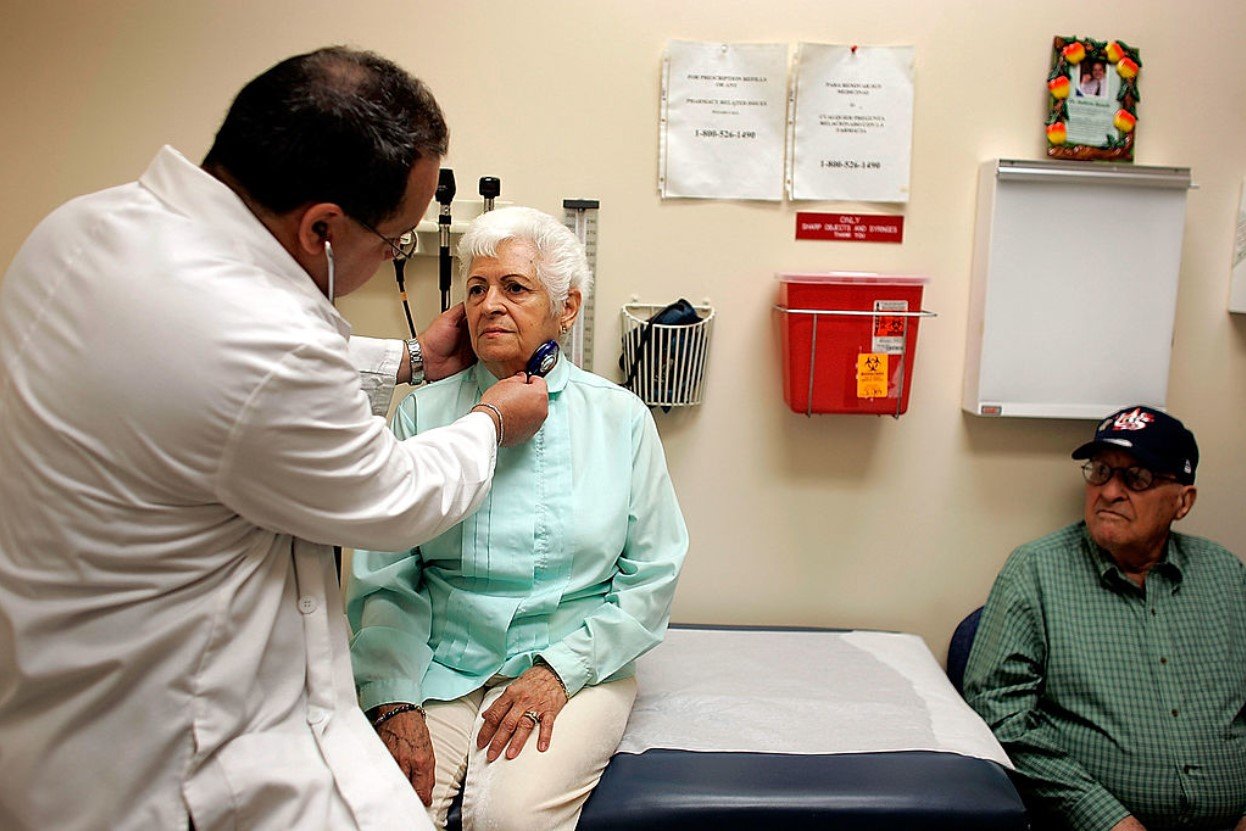The dream of a quick fix for obesity has led many in the UK to consider weight loss surgery abroad, especially in Turkey. Fueled by compelling social media adverts and alluring “before and after” transformations, the prospect seems ideal.
However, this “too goo to be true” trend masks the underlying risks. Unlike the regulated health systems in countries like the UK, standards and protocols can vary significantly overseas. What’s advertised online often glosses over the potential for post-operative complications, leaving individuals vulnerable to unforeseen health issues, including death.
The Dangers Behind the Dream

Recent reports reveal a worrying pattern of post-surgery complications, infections, and even fatalities among British patients who specifically traveled to Turkey—seven of whom have died since 2019.
These issues are often exacerbated by the lack of follow-up care and language barriers, leading to delayed or inadequate treatment. Some patients even received completely different operations than they had intended on getting (and paid for), according to leading surgeon and member of the council at the British Obesity and Metabolic Surgery Society, Dr. Ahmed Ahmed.
Katie’s Story: A Cautionary Tale

“Katie” from Belfast, like many others, was drawn to Turkey for weight loss surgery by the promise of a quick solution. However, her dream turned into a nightmare when she developed severe complications post-surgery, which the doctors brushed off as “trapped gas.”
In reality, Katie was suffering from sepsis and pneumonia, and her repeated hospitalizations in the UK eventually led to the removal of her entire stomach. “It’s the worst mistake I’ve ever made,” she said. Her experience underscores the gap between expectations set by promotional materials and the harsh reality of medical complications that can take place when having surgery abroad.
Joe Thornley’s Tragic End

Joe Thornley’s story is another tragic example of the risks associated with weight loss surgery abroad. After his surgery in Turkey, Joe tragically passed away due to internal bleeding—despite the doctor saying he had a heart attack.
The lack of accountability from the clinic, which provided scant information and refused further communication, illustrates the potential dangers and the heartbreak of such medical journeys.
Weighing the Risks: Patient Stories

Aside from Katie and Joe, there are numerous other stories of individuals who have undergone weight loss surgery abroad. Their experiences range from successful outcomes to severe complications.
However, the statistic of seven deaths in four years is alarming, and the British media has also reported on cases of botched surgeries, infections, and inadequate aftercare. Additionally, it’s worth mentioning that the number of weight loss surgeries performed in England has reportedly decreased by a third. From 6,818 procedures three years ago, it has now come down to just 4,409 in 2022, indicating that medical tourism could be a major contributing factor.
The Cost of Cutting Corners

For many, the decision to have surgery abroad is financially driven. In Turkey, the cost of a gastric sleeve operation can be as low as £2,000 (or about $2,541), a fraction of the £10,000 ($12,709) charged in the UK.
This significant price difference is a major draw, yet it often comes with the trade-off of lower safety standards and the potential for costly post-operative complications. Still, unfortunately, economic factors for quick-fix surgery seekers can sometimes overshadow the importance of quality care and safety.
The NHS Waiting Game

In the UK, the long National Health Service (NHS) waiting times for weight loss surgery push patients towards quicker solutions overseas. With procedures sometimes taking years to schedule, the urgency felt by many struggling with obesity leads them to seek faster, albeit riskier, alternatives.
These delays contribute to the growing trend of medical tourism for weight loss surgery—a trend that Dr. Ahmed doesn’t see an end to anytime soon.
Ethical Concerns in Medical Tourism

Ethical issues are also rampant in medical tourism, particularly in Turkey. Some clinics are willing to perform surgeries on individuals without a medical necessity, and in certain cases, even encourage patients to gain weight to qualify for surgery.
These practices, criticized as “unethical” and “reckless” by Dr. Ahmed, raise serious questions about the integrity and safety standards of these medical providers.
The Aftermath: NHS’s Burden

Patients returning from unsuccessful surgeries abroad often rely on the NHS for emergency and long-term care. This not only places a strain on the healthcare system but also exposes the hidden costs of medical tourism.
These cases require significant medical attention, often more complex due to the nature of the complications, thereby increasing the burden on an already stretched healthcare system.
Regulation and Oversight: A Global Challenge

The growing concerns around medical tourism for weight loss surgery call for enhanced global regulation and oversight. With varying standards and practices across countries, there’s a pressing need for international guidelines to ensure patient safety and ethical practices.
Of course, establishing global health governance, particularly in the realm of medical tourism, presents a series of complexities and challenges. While there is a clear necessity for global regulation in medical tourism, the path to achieving this is full of logistical, political, and ethical obstacles.
Seeking Safer Alternatives

It’s crucial for anyone considering weight loss surgery abroad to thoroughly research and understand all risks involved. Consulting with healthcare professionals and exploring all available local options should be a priority.
This approach helps ensure that patients make informed decisions, prioritizing their safety and well-being. It’s not just about the cost or “quick fix” nature of the procedure, but the quality of care and the potential long-term health implications.
The Future of Medical Tourism

The landscape of medical tourism, particularly for weight loss surgery, is likely to evolve. With growing awareness of the risks and potential complications, we might even see stricter international regulations and oversight emerging.
Technological advancements could also play a role in enhancing patient safety and communication. Medical tourism must balance the need for accessible, affordable treatment with a heightened sense of patient safety, hopefully leading to more reliable and secure options for those seeking medical treatments outside their home countries.








































